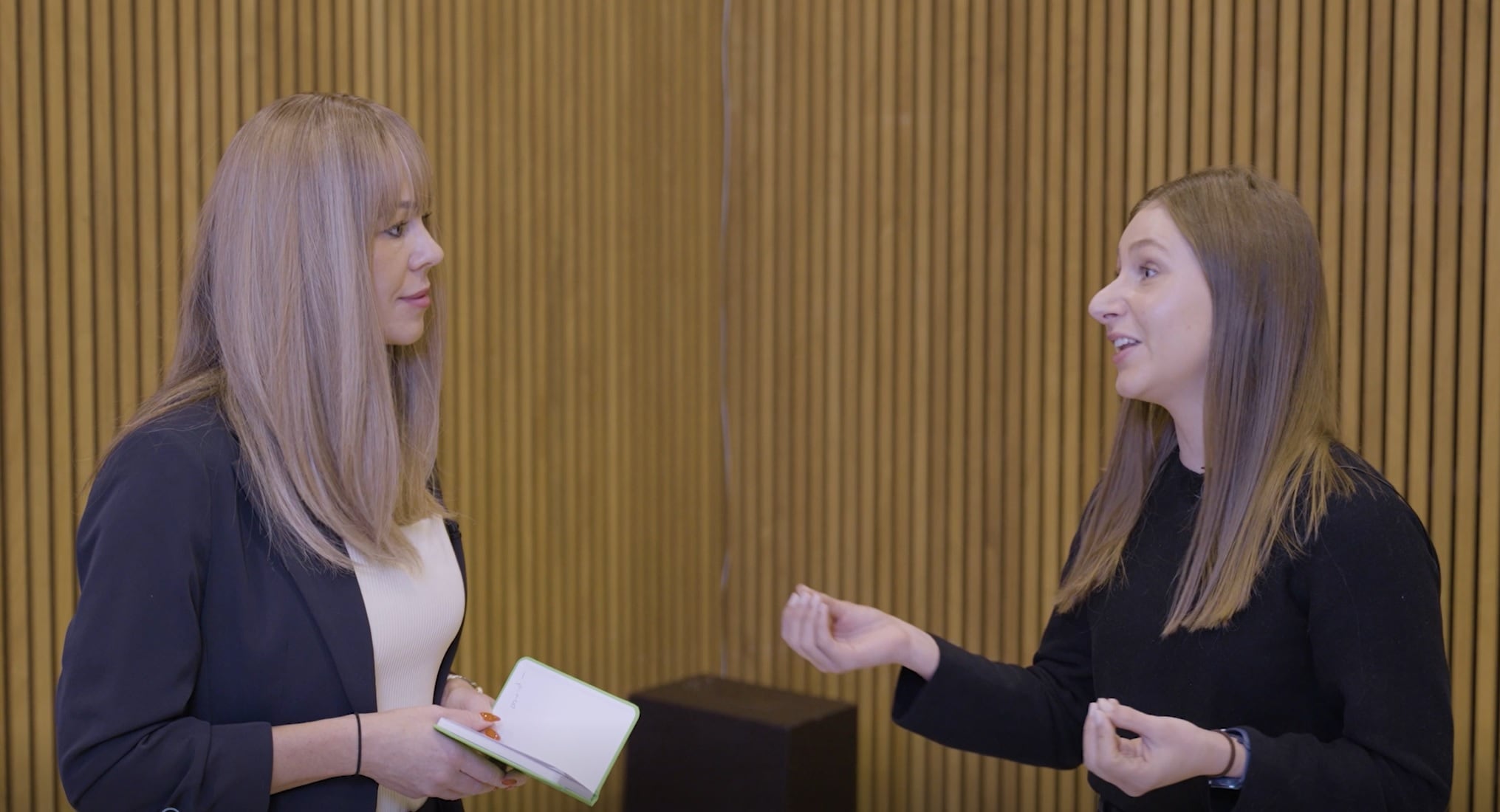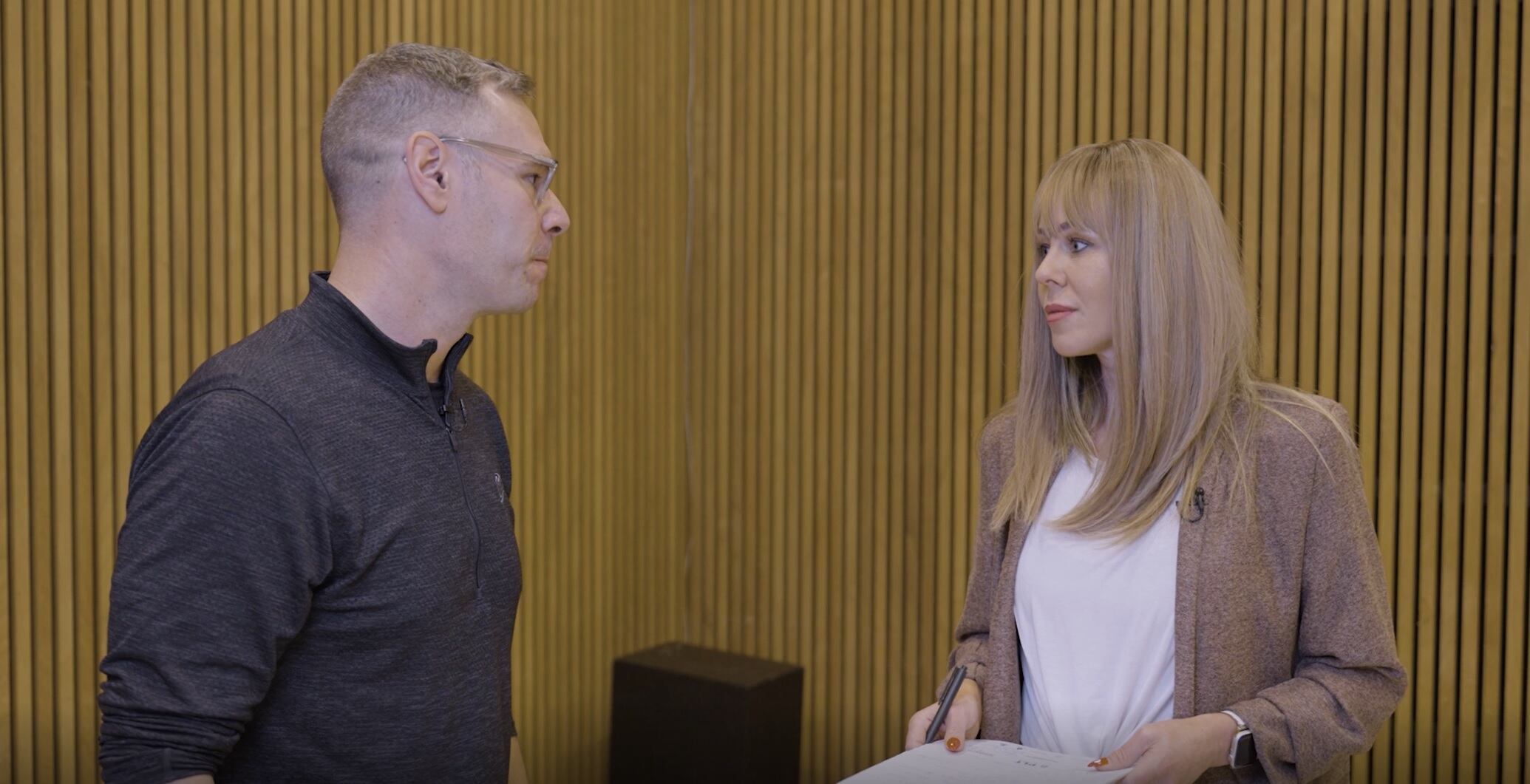Copenhagen is Denmark’s capital city and home to 1.3 million people. It’s a place where bicycles outnumber cars and colorful buildings line iconic waterways. The city is also a hub for fermentation innovation.
“If you go to a restaurant in Copenhagen, if you’re not offered at least a few dishes based on something they have fermented in the kitchen themselves, it will be a surprise because that’s sort of just what you expect to do now almost,” said Dennis Sandris Nielsen, a professor in food microbiology, gut health and fermentation at the University of Copenhagen.
Nielsen said Denmark’s rich agricultural heritage and early focus on dairy production has laid a foundation that has been key in driving innovation in fermentation and probiotics. Nielsen teaches gut Microbiome in nutrition and health courses alongside associate professor Henrik Roager.
“Dennis and I were often discussing that we felt there was a big need for having a course like this because there were no course dedicated to the gut microbiome at University of Copenhagen, and we both had a strong interest in this, and we could see that there would also be a strong interest in the industry for having people coming into the company that would actually know something from the start,” said Roager.
“During the COVID period, we started developing the course, thinking about how can we do it, and then eventually in 2022, we had the first version of the course. And now it’s running for the fourth time in a row, and I think it’s been a great success so far. And most importantly, the students learn a lot and they enjoy being on the course. It’s been super interesting. We also get to learn ourselves from the students, and I think that’s also really rewarding.”
During the course’s intense eight-week runtime, Nielsen said it covers everything from gastrointestinal physiology all the way to how food is metabolized—“basically anything linked to our gastrointestinal tract and the microbes we have there and how they interact with the food we eat.”
The goal of the Department of Food Science is for students to have a better understanding of the gut microbiome’s role in human health then translate that knowledge into gut health solutions and eventually present those ideas to players in the industry.
“During the course, we invite industry experts to come and share how they work with translating microbiome knowledge into solutions in industry, but secondly, also to listen to the students’ projects and challenge their projects and their ideas and give some feedback,” Roager said.
“It serves two purposes: One is to try to bridge the academia with industry and make connections there, but secondly also just to give the students their awareness that what they learned on this course is actually being translated into solutions out in industry and makes a difference. And then it’s also fun for the industry people actually to come and hear some bright and novel ideas that they probably wouldn’t have thought about themselves because they are a little more narrow in their thinking.”
With a wide range of industry players and job opportunities in Copenhagen, Nielsen and Roager have positioned students to be at the forefront of gut microbiome research. From bioinformatics to human nutrition to biology, their course has attracted students from over 10 different disciplines. When the semester comes to an end, Nielsen said he hopes the students will walk away from his class knowledgeable and ready to take on the real world.
“I would say at least many students work for some of these companies as a nice plan for the future,” he added. “They normally offer good salaries, good, interesting jobs, so it’s a way that many of our students are moving after they graduate here. It probably also fuels students into our courses that see it as a quite possible and viable career path. Then they will have a better chance of securing that dream job.”


